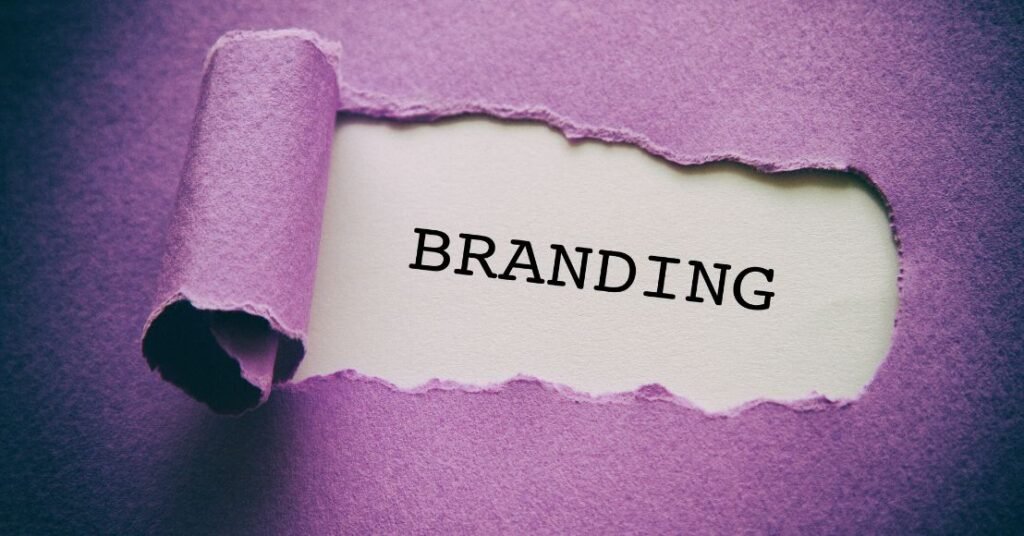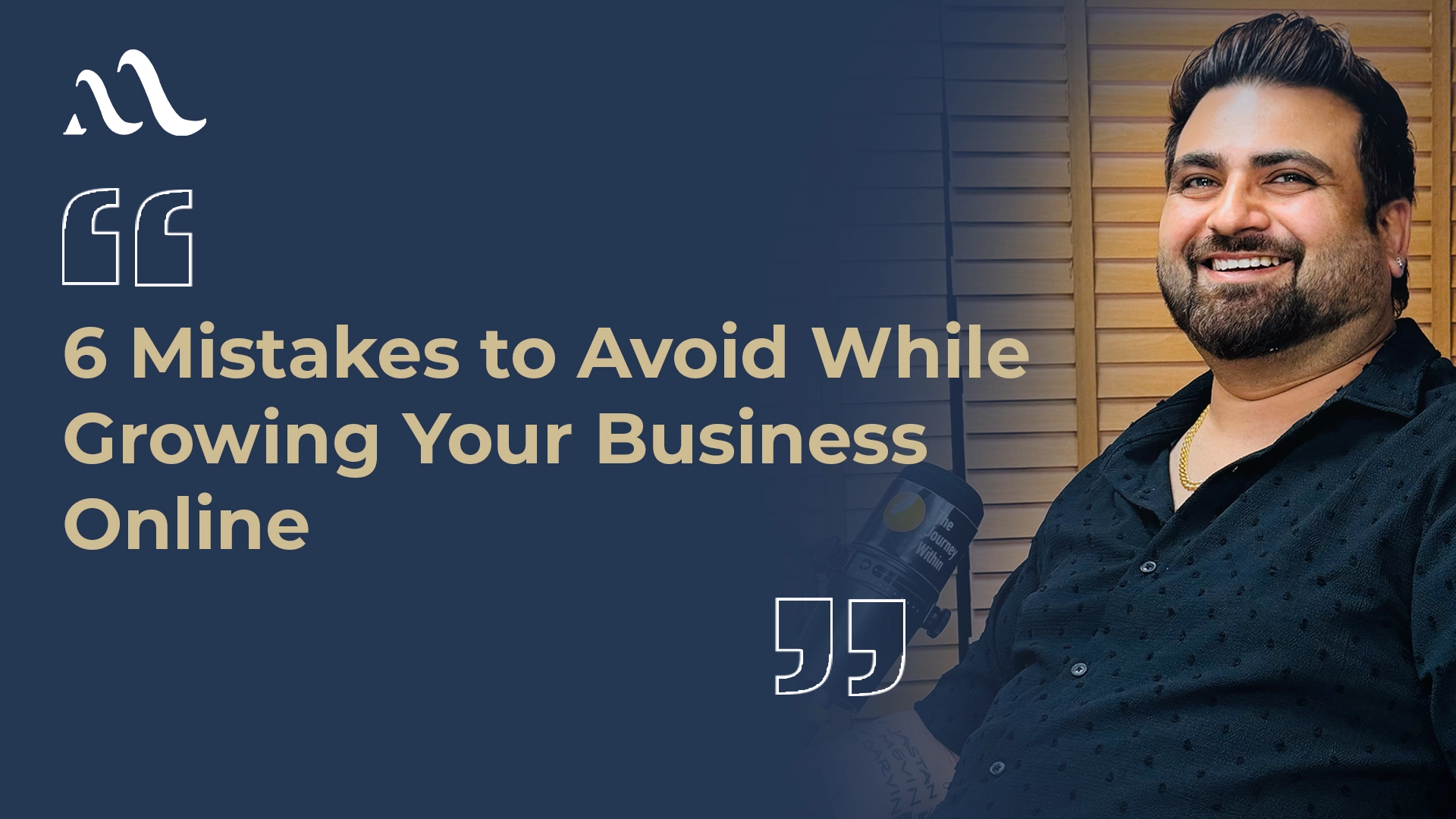In today’s highly competitive digital world and the ever-changing digital landscape, the two, the personal brand as well as the branding of businesses play a crucial role in creating trust, authority, and ensuring long-term success. If you’re an entrepreneur consultant or business owner, knowing where to put your attention first can determine the direction of your business growth.
Do you want to invest in personal branding creating your brand as well as your story and reputation, or should you concentrate on business branding – developing your company’s image and presence on the market? Let’s look at both and determine which is the most important to focus on first.

What Is Personal Branding?
Personal branding is all about establishing yourself as an individual reliable, trustworthy, and credible professional. It’s the way people see you -your beliefs as well as your voice, knowledge and the feeling of connection that they experience as they engage with you material or your work.
Consider your personal brand as the process of building your brand’s reputation in the eyes of the public. People who influence, coaches and entrepreneurs like Elon Musk and Gary Vaynerchuk are prime examples that their personal brand usually carry the same (if even more) influence than their organizations.
Essential elements of a successful personal image:
- A clear niche or expertise
- A consistent web presence (social media blog posts, videos,)
- Genuine storytelling
- Credibility and professionalism in the workplace, as well as thought leadership
If it is done properly When done right, personal branding makes you look more like a company, gives it a sense of authenticity, and increases trust more quickly than any logo for a company.
What Is Business Branding?
Branding for business On the other hand, concentrates on the way your business will be perceived. It’s the emotional, visual and cultural image that allows your company to stand out in an increasingly competitive market.
It encompasses your logo as well as your tagline, brand voice, tagline web site, experience with your product and the way your customers feel whenever they encounter your company. Branding that is strong helps customers trust and recognize your business, even when they don’t know the individuals behind it.
The fundamental elements of branding for businesses:
- Visual identity (logo and color palette typography)
- Story and brand message
- Experience with customers and consistency
- Positioning and marketing strategy
Personal branding, however, is focused on the individual while business branding is all about the company -the purpose, its promise and overall standing on the market.
How Personal and Business Branding Work Together
The reality is that branding for business and personal aren’t competitors They complement each other wonderfully. If both are in sync to each other, they boost the impact.
Consider, for instance, Apple as well as Steve Jobs Steve Jobs’ personal vision as well as his passion and story telling directly contributed to Apple’s brand’s identity. In the same way, Tesla and Elon Musk illustrate how an individual brand’s strength can help build corporate branding.
A strong personal brand is a great way to attract attention, trust and followers that eventually develop into loyal customers for your company. A strong business image can boost your reputation as a founder or an expert in your field.

When to Focus on Personal Branding First
You should put your focus on your personal branding when:
- Your business is a solepreneur freelancer or a coach.
Your name is your branding. Clients select you because of your character knowledge, experience, and story. - You’re looking to establish credibility or be an industry leader.
Personal branding allows you to gain recognition as well as media attention and also partnerships. - You’re planning to create several businesses in the future.
A strong personal brand can give you the flexibility. You can start new ventures with your own name without having to start with a new start every time. - Your company is in the beginning stage.
Before your company’s name becomes known your personal reputation can be a draw for investors and customers.
In essence, if your job revolves around your knowledge or ideas, or your personal identity, begin with your personal brand. Create your target audience first and your business will be the next to follow.
When to Focus on Business Branding First
It is important to consider your branding for your business If:
- You’re creating an organization that is scalable.
If you’re trying to build an organization that is team-oriented and is not a result of your personal involvement, you should focus on the establishment of the brand’s image. - You are planning to sell your business in the near future.
A brand of your business that stands apart of you can be more important and can be transferred. - Your customers are more interested on the brand than its creator.
For instance, a skincare business or clothing company, or SaaS product should invest a lot of money in packaging, branding and positioning of the brand. - You’re looking to preserve the privacy of your customers.
Not everyone would like to represent their business. In this scenario, a strong business image can be used to create the public image rather than.
If you are looking to build a brand that can be recognized by itself, start with business branding and build your personal brand slowly.

The Ideal Approach: Blend Both Strategically
The best approach is not to pick either one or the otherrather, mix both in a deliberate way. Here’s how to accomplish this:
- Start by establishing your personal brand when you’re in your beginning stages of your career or are someone who is a service-based professional. Establish trust with your stories, insight and a sense of authenticity.
- Create your branding in parallel making sure that your company’s values and aesthetics match your personal brand image.
- As your business expands as it expands, let the brand of your business become the center of attention and your individual brand grows in the credibility of your brand.
In time your personal brand will become your personal brand’s persona and your business brand is now the basis. Together, they form an incredibly strong system of loyalty, trust, and recognition.
Conclusion
In the fight between personal branding and business branding There is no universal solution. It’s all about your goals as well as your business model and long-term plans.
If you’re only beginning start investing on the personal brand to establish credibility and visibility. If you have a solid structure or have plans to grow you can you should focus in corporate branding to build an identifiable, consistent brand.
In the end, success lies in mixing both by the ability to let your individuality create your business’s credibility. When both grow in tandem, you create not just a name but also a lasting tradition that lasts longer than the trends and the competition.
FAQs
1. What’s the major distinction between personal and business branding?
The personal branding is focused on the person you are while business branding is focused on the identity of your business and its offerings.
2. Do I have the ability to create both personal and professional brands simultaneously?
Yes however, it’s better to begin at only one (usually your personal) and then align one with the other as you develop.
3. Does personal branding work better for small-sized business owners Do you think so.
Coaches and solopreneurs personal branding can help build trust and direct interaction.
4. Does a strong brand image can help grow my business ?
Your credibility as a person could directly affect how people view your company.
5. Do I need to segregate my private and corporate account on social networks?
If you company is aimed at a larger market, then it is a good idea. However, keep them connected through consistent values and the tone.







